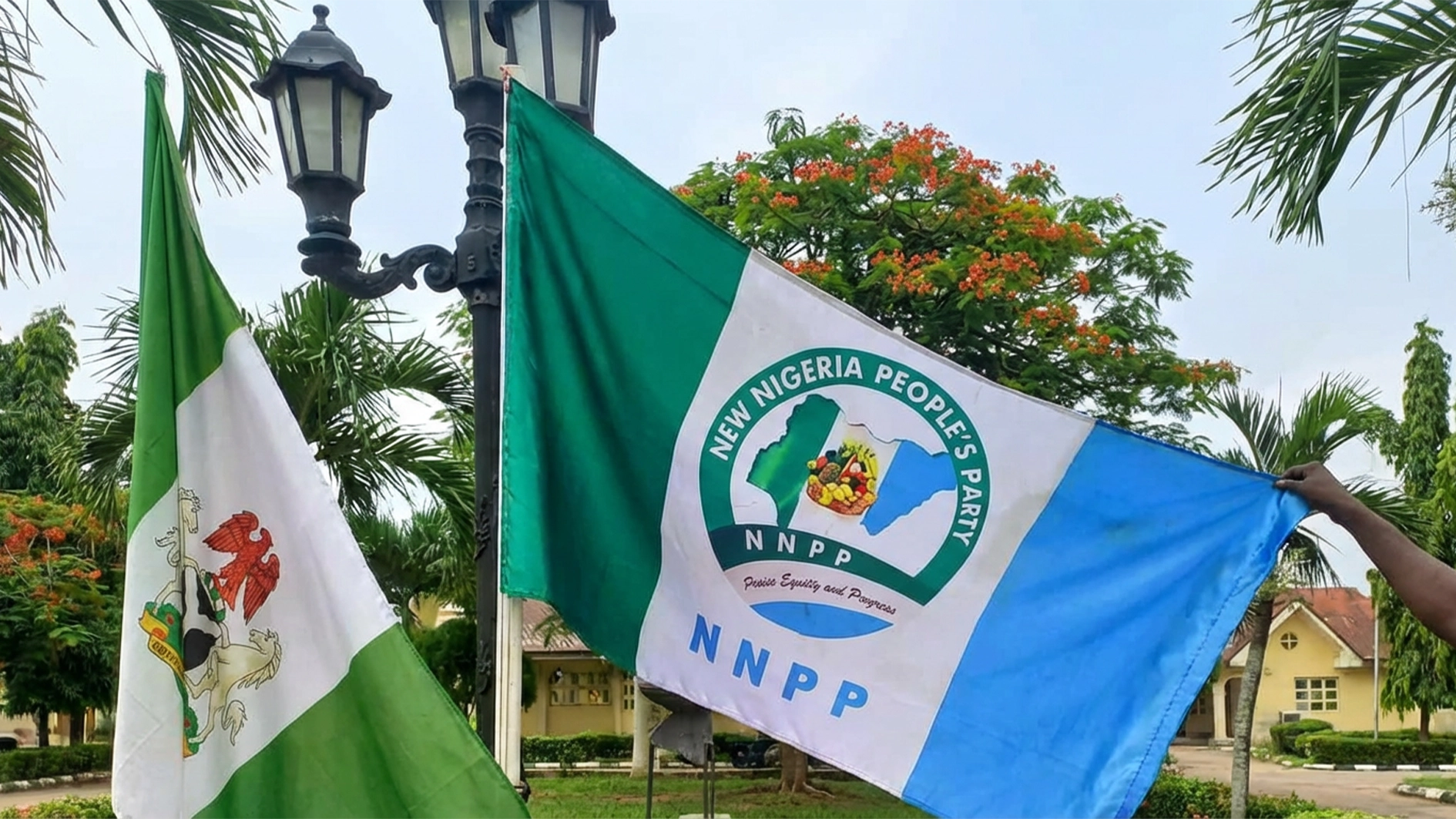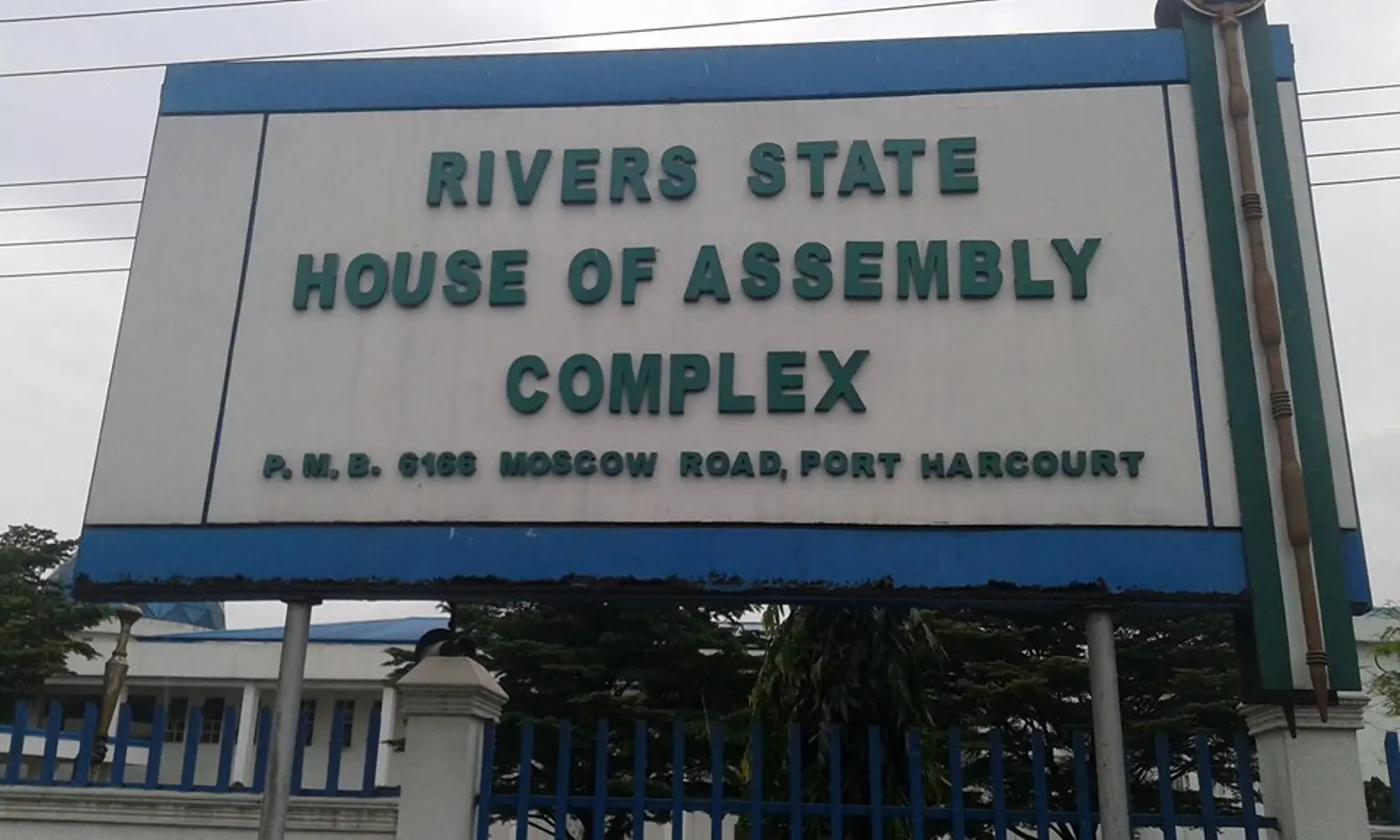Kwara State is in the eye of the storm as a rise in kidnappings amid arrested development compounds the political unease between Governor AbdulRahman AbdulRazaq and federal legislators from the state. Yet, the real undercurrent is the 2027 power tussle and who gets what, MANSUR ARAMIDE reports.
Here is the first potential flashpoint: both incumbent governor, AbdulRazaq AbdulRahman, and Senator Saliu Mustapha, who hail from Kwara Central Senatorial District, want to advance their politics in 2027. And, as the governor serves out his two maximum constitutional terms in 2027, he plans to retire to the Red Chambers of the National Assembly as his colleagues do.
But, having served just a first term, Senator Mustapha looks forward to another term to enjoy the benefits of a ranking Senator and “attract greater dividends to the people of Kwara Central”.
While the governor hails from Ilorin West, Senator Mustapha is from Ilorin East Local Government Area. They are both titleholders in the Ilorin Emirate. The governor is the Sardauna Ngeri of Ilorin Emirate, while the senator is the Turaki Ngeri of Ilorin Emirate. They also belong to the same party, the All Progressives Congress (APC).
But all these shared backgrounds did not stop the Kwara State government, led by AbdulRazaq, from halting the senator’s first-ever flagship project, a N200 million federal road at Adewole Ward, Ilorin West, sometime in 2024.
That episode was followed by a string of other frustrations, with sources putting the value at over N6 billion, including an ultramodern pavilion at the forecourt of the Emir’s Palace in Ilorin and a hospital renovation project at Awodi, Gambari area of Ilorin East, all blocked from execution in controversial circumstances.
For many observers, the Adewole incident was more than a project dispute. It reflected the power struggle between a governor seeking to centralise political loyalty around Government House and a senator intent on carving his own identity as a development-focused legislator. The rivalry has since snowballed into broader political antagonism.
Ashiru and the wind of zoning
The situation is no different in Kwara South. At a news conference in his Offa hometown, Senator Lola Ashiru reportedly drew the ire of the governor by insisting that the governorship position would be contested among all three zones in the state come 2027.
“Zoning arrangements had never been a consideration in the selection of governorship candidates in the state. Governorship is never zoned in Kwara State. Anybody who wants to become governor must be prepared to work hard and campaign hard to convince people to vote for him or her.”
The Guardian learnt that Senator Ashiru’s comments on zoning unsettled the governor’s camp and complicated the senator’s relationship with the governor. From that day onwards, the relationship between the former political associates became strained.
Ashiru’s intervention tapped into a sensitive fault line in Kwara politics. Since the Second Republic, the question of equitable rotation of power among Kwara Central, North, and South has often triggered tension. Although AbdulRazaq himself benefited from the “Otoge” movement that emphasised inclusion and renewal, his camp appears determined to control the succession debate ahead of 2027. Ashiru’s blunt rejection of zoning was therefore interpreted as a challenge to the governor’s succession calculations.
Tijani’s suspense
Tijani Kayode Ismail, representing Ifelodun, Offa, and Oyun Federal Constituency, has also walked a strained path with the governor. Their falling-out, it was learnt, dates back to the last APC primaries when the governor reportedly tried to stop Tijani’s re-election.
Although Tijani survived both the primaries and subsequent legal battles, the scars remain. Since then, the lawmaker has rarely been seen in state political circles, preferring to operate from Abuja.
An elder in Offa, Jide Alabi, told The Guardian that the relationship between the governor and Tijani is almost irreparably lost, and the two of them are not pretending about it.
“Tijani has been disgusted by the Governor’s conduct during the primaries. He considered it a betrayal. Fortunately for him, he was able to prove his mettle politically when he ensured that he defeated the governor’s anointed at the primaries. So, since then, he has completely withdrawn from government circles. And he’s also rarely seen in the state. But that withdrawal comes at a cost to his constituents.”
Legislators boycott First Lady’s visit
Matters, however, came to a head in January during the visit of First Lady Oluremi Tinubu. Out of nine federal legislators from the state, only two, Senator Sodiq Umar and Muktar Shagaya, attended the three-day programme. Both Mustapha, Ashiru, and four other legislators were conspicuously absent, further fuelling speculation of the infighting.
However, several sources around the legislators confirmed to our correspondent that the state government did not invite the lawmakers to the state visit of the First Lady. A source close to Ashiru confirmed that his principal was never formally invited. He further claimed that it was the same experience for other federal legislators.
“Everyone in the state knew that Senator Sodiq attended by accident. Like the other two, he wasn’t invited, but out of respect for the First Lady, he made an appearance somehow in between events,” he said.
“The boycott spoke louder than words,” said a senior lecturer at the University of Ilorin, Dr Bolaji Ataragba. “When lawmakers distance themselves from such a high-profile visit, it confirms the existence of a deep rift.”
The absence also sent a strong message to Abuja. In Nigerian political culture, presidential or first-lady visits are typically opportunities for local politicians to showcase unity and curry favour. The disunity on display in Kwara was therefore interpreted in some quarters as evidence of a political cold war.
Silence, insecurity
As insecurity worsens, particularly in Kwara South and parts of the North, the silence of the federal lawmakers has drawn criticism. Farmers are abandoning their fields, villages live in fear, and families grieve the loss of kidnapped loved ones. Yet, Abuja’s representatives have not raised the matter with urgency.
As the insecurity crisis deepens, the cost of the rift becomes clearer. Federal legislators are constitutionally positioned to draw Abuja’s attention to the plight of their state, lobby for interventions, and complement state government efforts. Their silence leaves the governor isolated and citizens vulnerable.
“This is not the time for silence,” said Kayode Ogunlowo, a social critic and chieftain of the APC, while speaking over the weekend on a popular radio programme. “Our people are suffering. Whether or not you get along with the governor, the first duty is to your constituents. The silence is both puzzling and painful.”
Also commenting on the issue, an elder statesman, Alhaji Baba Adedoyin, wondered why elected officials under the same party would be working at cross-purposes the way it is in Kwara State. He said both the governor and the legislators are merely playing to the gallery.
“The bandits must be somewhere laughing at them all. While our leaders quarrel, the bandits prosper. But history is watching. Kwarans know who spoke for them and who kept quiet.”
Meanwhile, those close to the legislators insist their caution is not without reason. The governor, they say, is a difficult man to read. “Governor AbdulRazaq is best handled at arm’s length,” an aide to one of the lawmakers explained. “If you do too much, you risk being accused of outshining him. If you do less, you may be branded disloyal. Nobody wants to fall on the wrong side, that’s why so many of them have chosen silence.”
This perception of a governor intolerant of competing political influence has been echoed even among civil society groups. Critics argue that while AbdulRazaq has recorded some successes in education, infrastructure, and social interventions, he has not mastered the art of managing political egos, a skill that was crucial in the state’s Otoge victory of 2019.
What’s in it for Kwara
This political tension between the governor and the lawmakers has only but led to a peculiar situation: a governor fighting insecurity and development battles almost alone, and lawmakers who feel safer staying aloof than being misunderstood.
The irony of the moment is not lost on the citizens of Kwara. In 2019, the Otoge movement brought down the Saraki dynasty with a promise of collective renewal. Stakeholders rallied together in a historic moment of political unity. Barely five years later, that unity has unravelled into competing camps and silent rivalries.
The Otoge struggle was not just an anti-Saraki revolt; it was a call for inclusiveness, service delivery, and accountable governance. Yet today, the movement’s victors are themselves accused of division and insensitivity. Many Kwarans now wonder whether the promise of 2019 was betrayed by personal ambitions.
Kwara today stands at a crossroads. The state can either rediscover the collaborative spirit that defined the Otoge struggle or risk sliding further and deeper into a politics of division that undermines both development and security.
Analysts warn that unless bridges are rebuilt, the state may approach the 2027 elections with fractured leadership, leaving room for opposition revival. For citizens facing hunger, unemployment, and banditry, the luxury of elite quarrels is fast wearing thin.






